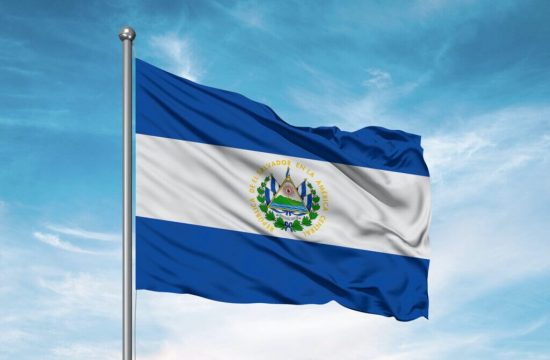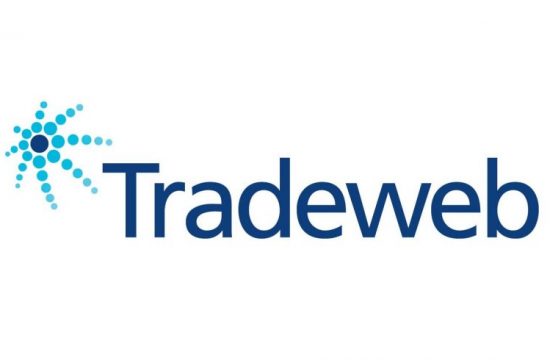If the brutal events in Ukraine have proven anything, it’s that unfortunately the world will not be the same. From a geopolitical side, a new iron curtain is bound to fall on the world, and Ukraine is currently fighting hard to make it into the Western world.

But one of the underrated changes that this country, which was even previously extremely open to crypto, is the idea of crypto being used for good to fund important causes across the world.
It started from the UkraineDAO initiative, which somewhat similar to other ideas like ConstitutionDAO, wanted to collect funds and distribute them to the people of Ukraine. But the government itself quickly picked up the narrative and offered its own wallets for people to donate.
Vice Prime Minister of Ukraine Mykhailo Fedorov published BTC, ETH and TRON-based TRC-20 USDT wallets on Feb. 26, where anyone can send funds to the government and directly support the people in their struggle against the Russian invaders.
Stand with the people of Ukraine
Now accepting cryptocurrency donations. Ethereum. Bitcoin and Tether (USDTtrc20)BTC — 357a3So9CbsNfBBgFYACGvxxS6tMaDoa1P
ETH — 0x165CD37b4C644C2921454429E7F9358d18A45e14
USDT (trc20) — TEFccmfQ38cZS1DTZVhsxKVDckA8Y6VfCy
— Mykhailo Fedorov (@FedorovMykhailo) February 26, 2022
The addresses collected about $15 million dollars in about a week — a far cry from the ConstitutionDAO, which collected several more millions in the same time span. Given how one was a semi-serious attempt at participating in an auction, and the other is a fundraising attempt for a war-torn country suffering an unprecedented bout of destruction and suffering, this fact did not highlight crypto in the best of terms.
This changed when semi-official rumors of an airdrop surfaced.
the state of crypto pic.twitter.com/MhTjnhINvs
— NateAlex ლ⚈෴⚈ლ (@NateAlexNFT) March 2, 2022
The wallet balances quickly swelled up as people were now expecting to receive a token in return. Nobody knew why or how it’d work, but the expectation of having something in return was masterfully used by the Ukrainian government to boost the fundraising efforts. They then “rugged” donors and not going ahead with the drop of a fungible token — though they did announce NFTs.
After careful consideration we decided to cancel airdrop. Every day there are more and more people willing to help Ukraine to fight back the agression. Instead, we will announce NFTs to support Ukrainian Armed Forces soon. We DO NOT HAVE any plans to issue any fungible tokens
— Mykhailo Fedorov (@FedorovMykhailo) March 3, 2022
Amidst all this, the TRON community donated significant sums as well via TRC-20 USDT, which is particularly well-established in the Eastern European crypto community for its much cheaper transaction fees. In particular, Justin Sun personally donated $200,000 to the wallets indicated by the minister.
I am glad to announce that I have made my initial donation of $200,000 USDT on #TRON to #Ukraine 🇺🇦 The people of Ukraine are not left alone in their fight against humanitarian crisis! @VitalikButerin @FedorovMykhailo @Ukraine Check my hash: https://t.co/q0a2xgaIwK https://t.co/dSi3weas2i
— H.E. Justin Sun 🅣🌞🇬🇩 (@justinsuntron) February 26, 2022
TRON was expected to be excluded from the airdrop, with Sun aiming to defend the TRON community for this “exclusion” that would’ve left community members without a potential reward that others would’ve gotten.
It may sound hypocritical to complain about not receiving “free” things, but there is also a wider topic at play in these events. Crypto’s fundamental premise is weaponizing human greed to make decentralized public networks work, and thus provide value to regular people like those in Ukraine. The expectation of profit was the largest difference between ConstitutionDAO and the Ukraine fundraiser, and if all it takes is airdropping some “valueless” token to earn more funds, then the crypto principle still holds: instrumentalizing greed can be a force for good.












